
Table of Contents
Definition of HBCUs with Music Production Programs
Historically Black Colleges and Universities (HBCUs) with music production programs are higher education institutions that offer degree programs in music production. These programs are designed to equip students with the necessary skills to excel in the music industry. HBCUs with music production programs offer a comprehensive curriculum that covers various topics, such as music theory, audio engineering, recording techniques, and music business. These degree programs provide students with hands-on experience, access to state-of-the-art equipment, and opportunities to work alongside industry professionals. Graduates of HBCU music production programs are well-equipped to pursue various careers in the music industry, such as music producers, audio engineers, sound designers, and recording artists.
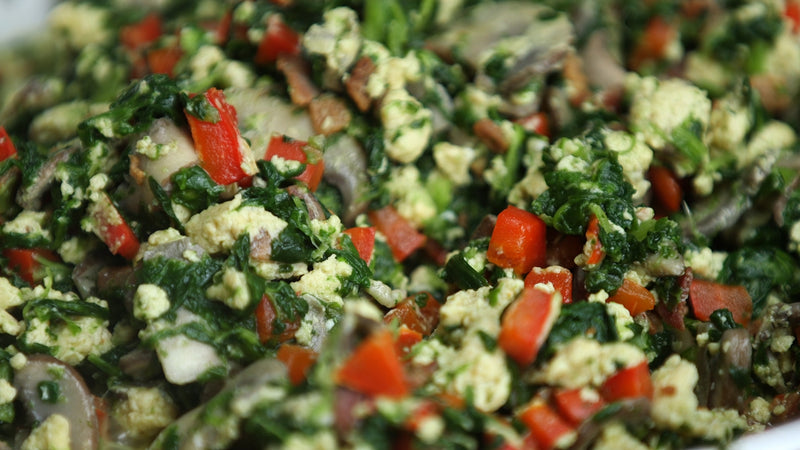
The Benefits of Attending an HBCU with a Music Production Program
Attending an HBCU with a music production program can provide you with a unique set of benefits. First and foremost, you will be part of a close-knit community that is committed to your success. HBCUs have a long history of supporting and empowering Black students, and music production programs at HBCUs are no exception. This support system can make a significant difference in your academic and personal growth.
Moreover, attending an HBCU with a music production program can give you access to experienced professionals in the field. Many HBCUs have partnerships with recording studios, production companies, and music organizations that provide students with hands-on experience in the industry. These partnerships can lead to valuable networking opportunities and exposure to the latest trends in music production.
In addition, HBCUs with music production programs offer a unique perspective on the history and evolution of Black music. Studying music production at an HBCU can give you a deep understanding of the impact that Black music has had on popular culture and the music industry as a whole. This understanding can help you create and produce music that is authentic and culturally relevant.
Overall, attending an HBCU with a music production program can provide you with a supportive community, access to experienced professionals, and a unique perspective on the history and evolution of Black music. These benefits can help you succeed academically and professionally and prepare you for a successful career in music production.

List of HBCUs with Music Production Programs
If you’re interested in pursuing a degree in music production at an HBCU, consider the following list of schools:
- Howard University – Department of Music
- Florida A&M University – Department of Music
- North Carolina Central University – Department of Music
- Prairie View A&M University – Department of Music
- Tennessee State University – Department of Music
- Texas Southern University – Department of Music
- University of Arkansas at Pine Bluff – Department of Music
- Virginia State University – Department of Music
- Winston-Salem State University – Department of Music
Each of these schools offers a music production program that provides students with unique courses and hands-on experience opportunities. As you explore each program, you’ll find that they differ in their curriculum, faculty, and resources. It’s important to research each program thoroughly to determine which one is the best fit for you.
Additionally, it’s worth noting that admission requirements and application processes may vary from school to school. Be sure to review each school’s admission requirements and application deadlines to ensure that you are submitting a strong application. Once accepted, you’ll have access to a range of campus resources and extracurricular activities, which we’ll explore in more detail in the following sections.
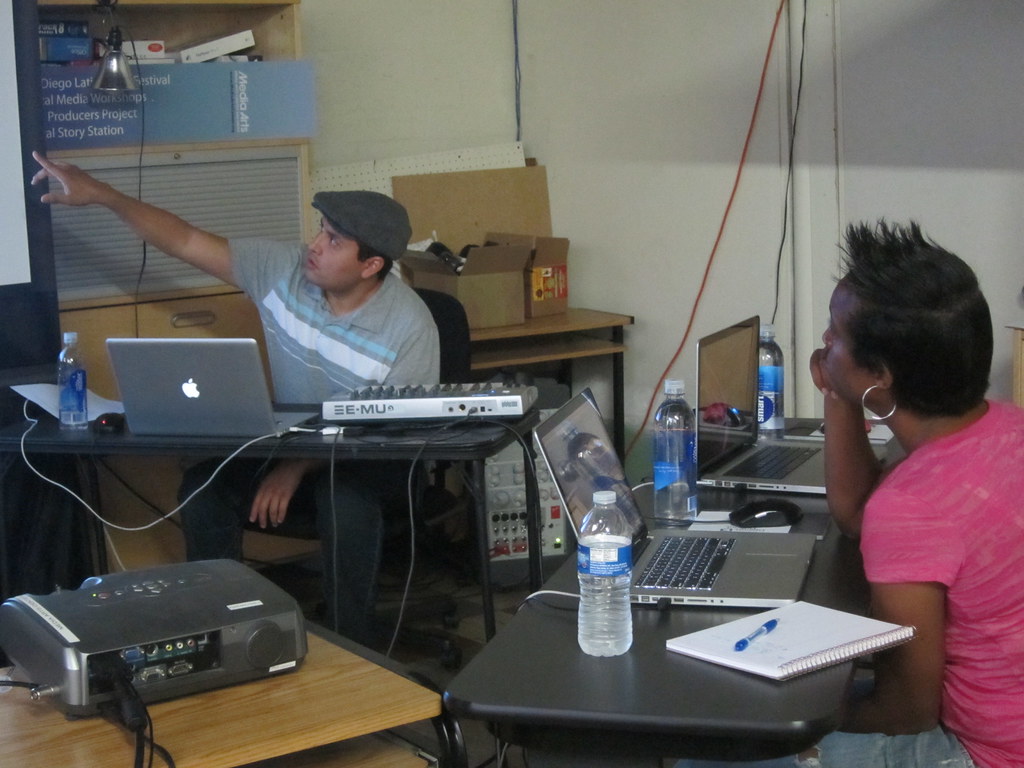
Music Production Courses at HBCUs
Music production courses at Historically Black Colleges and Universities (HBCUs) offer students a comprehensive education in music theory, audio engineering, recording techniques, and music business. These programs equip students with the technical skills they need to create high-quality music and succeed in the music industry.
Core Courses
The core courses in a music production program at an HBCU cover a range of topics, including:
- Music Theory: This course explores the fundamental principles of music, including rhythm, melody, harmony, and form.
- Music Production Techniques: This course covers the basics of music production, including songwriting, arrangement, and sound design.
- Recording Techniques: This course teaches students how to capture high-quality audio recordings in the studio or on location. Topics covered include microphone placement, signal flow, and gain staging.
- Mixing and Mastering: This course covers the final stages of the music production process, including balancing and shaping the individual tracks in a song to create a cohesive and balanced mix.
- Music Business: This course covers the business side of the music industry, including marketing, distribution, and copyright law.
Electives and Specialized Courses
Many music production programs at HBCUs offer electives and specialized courses that allow students to focus on a specific area of interest. Some examples include:
- Sound Design: This course teaches students how to create and manipulate sound effects for film, television, and video games.
- Film Scoring: This course teaches students how to compose music for film and television.
- Music for Video Games: This course covers the unique challenges and opportunities of creating music for video games.
Technical Skills
In addition to creativity and musical talent, having a solid understanding of the technical aspects of music production is crucial for success in the industry. Here are some of the technical skills that are essential for music production students:
Digital Audio Workstations (DAWs)
Digital audio workstations, or DAWs, are software applications that are used to record, edit, and mix audio. Students in a music production program at an HBCU will learn how to use popular DAWs such as Pro Tools, Logic Pro, and Ableton Live.
Recording Techniques
Recording techniques are used to capture high-quality audio recordings in the studio or on location. Students will learn about microphone placement, signal flow, and gain staging to ensure their recordings sound professional and polished.
Mixing and Mastering
Mixing and mastering are the final stages of the music production process and involve balancing and shaping the individual tracks in a song to create a cohesive and balanced mix. Students will learn about EQ, compression, and other mixing techniques, as well as mastering techniques such as limiting and stereo imaging.
Acoustics
Acoustics refers to the science of sound and how it behaves in different environments. Students will learn about room treatment and other aspects of the recording and mixing process to ensure optimal sound quality.
By developing a solid understanding of these technical skills, students can set themselves up for success in the music production industry.

HBCU Music Technology Programs
If you’re interested in the technical aspects of music production, HBCU music technology programs may be the perfect fit for you. These programs teach students about acoustics, signal processing, and computer programming. They also cover topics in music cognition and perception.
While there is some overlap between music production and music technology programs, music technology programs tend to be more specialized and technical. Graduates of music technology programs may go on to work in areas such as audio engineering, software development, and music research.
In addition, music technology programs at HBCUs provide students with access to state-of-the-art equipment and facilities, which offer hands-on experience in recording, mixing, and mastering music. This practical experience can be invaluable for students looking to pursue careers in the music industry.
Some HBCUs also offer music technology programs with a focus on music business and entrepreneurship. These programs prepare students for careers in music management, marketing, and distribution.
Overall, HBCU music technology programs provide students with a solid foundation in the technical aspects of music production and offer a range of career paths for graduates to pursue.
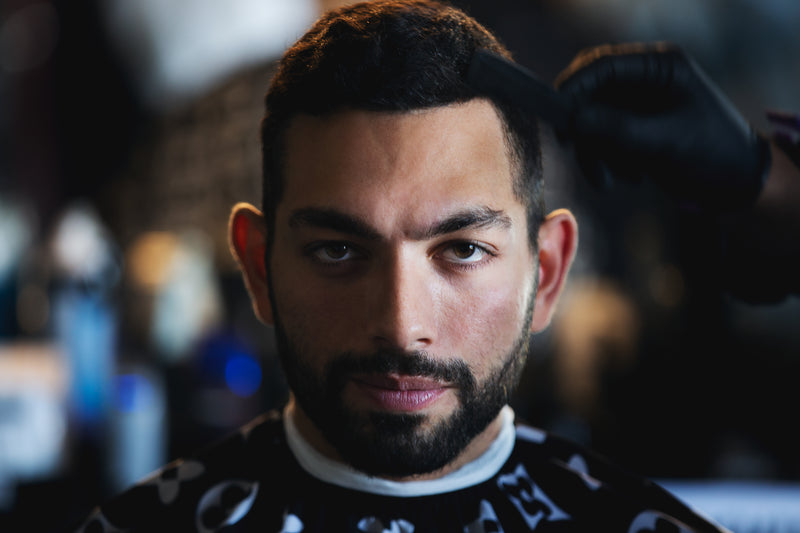
Recording Arts Programs at HBCUs
Recording arts programs at Historically Black Colleges and Universities (HBCUs) offer students the opportunity to learn both the technical and creative aspects of recording music. The curriculum in these programs covers a wide range of topics, including microphone placement, signal flow, editing, and mixing techniques. Students in recording arts programs gain hands-on experience using professional recording equipment and software, working in a recording studio setting.
HBCUs have a rich history of producing successful recording artists, and many of these artists attribute their success to the training they received in recording arts programs at HBCUs. For instance, Grammy-winning artist Robert Glasper is an alumnus of Texas Southern University, an HBCU where he studied music.
The recording arts programs at HBCUs offer a unique learning environment that fosters creativity, collaboration, and innovation. Students have the chance to work with industry professionals, learn from experienced faculty, and network with peers who share their passion for music production. Additionally, students in these programs have access to state-of-the-art equipment and facilities, giving them the opportunity to develop their skills and produce high-quality recordings.
If you’re passionate about music and want to pursue a career in the recording arts, an HBCU with a recording arts program could be the perfect fit for you. These programs offer a comprehensive education in music production, preparing students for successful careers in the music industry.

Audio Engineering Degrees at HBCUs
Audio engineering programs at HBCUs provide students with comprehensive training in the technical aspects of sound recording and reproduction. These programs explore topics such as acoustics, signal processing, and analog and digital audio systems, giving students the skills and knowledge they need to succeed in the industry.
One of the key benefits of pursuing an audio engineering degree at an HBCU is the hands-on experience that students receive in recording studios. Students learn how to use professional audio equipment and software, gaining practical skills that are highly valued by employers.
While there is some overlap between audio engineering and music production programs, audio engineering programs tend to focus more on the technical aspects of the field. Graduates of audio engineering programs are well-prepared to work in a variety of settings, from sound design and audio post-production to live sound reinforcement and more.
Overall, pursuing an audio engineering degree at an HBCU is a great choice for students who are passionate about sound and interested in pursuing a career in the music industry. With a strong curriculum, hands-on experience, and a supportive community, HBCUs with audio engineering programs offer an excellent opportunity to achieve your goals and launch a successful career.
Admission Requirements and Application Process
Admission requirements for music production programs at HBCUs vary depending on the school and the program. Generally, you’ll need to submit an application, transcripts, test scores, and letters of recommendation. Some programs may also require auditions or interviews.
Application Requirements
To apply for admission to an HBCU with a music production program, you’ll need to submit the following:
-
Completed application form: Most HBCUs have an online application form that you can fill out and submit electronically. Make sure to fill out the entire form and provide accurate information.
-
Official transcripts: You’ll need to request official transcripts from your high school or previous college. Make sure to request them well in advance of the application deadline.
-
Test scores: Many HBCUs require SAT or ACT scores for admission. Check with the schools you’re interested in to see what their specific requirements are.
-
Letters of recommendation: Most HBCUs require at least one letter of recommendation from a teacher, counselor, or other professional who knows you well. Choose someone who can speak to your academic abilities and work ethic.
-
Portfolio: Some HBCUs may require you to submit a portfolio of your work in music production. This may include recordings, videos, or other examples of your work.
Tips for Submitting a Successful Application
To increase your chances of being accepted into an HBCU music production program, it’s important to submit a strong application. Here are some tips to keep in mind:
-
Start early: Give yourself plenty of time to gather all of the necessary materials and complete the application form.
-
Be thorough: Make sure to fill out the entire application form and provide accurate information. Double-check everything before submitting.
-
Highlight your experience: If you have experience in music production or related fields, make sure to highlight this in your application.
-
Get recommendations from the right people: Choose individuals who can speak to your academic abilities and work ethic. Ask them well in advance of the application deadline.
-
Practice your audition: If an audition is required, make sure to practice ahead of time so that you feel confident on the day of the audition.
-
Follow up: After submitting your application, follow up with the school to make sure they received everything they need. This shows that you’re serious about attending and can help keep your application on their radar.
By following these tips and submitting a strong application, you can increase your chances of being accepted into an HBCU music production program.

Student Life at HBCUs with Music Production Programs
Attending an HBCU with a music production program can offer a unique and enriching student life experience. With a variety of extracurricular activities such as music ensembles, student-run recording studios, and music festivals, students have the opportunity to immerse themselves in music production both in and out of the classroom.
HBCUs with music production programs also offer a strong sense of community, fostering an environment of support and empowerment for students. This community aspect can help students build lasting relationships with peers and faculty, providing a network of support that extends beyond graduation.
Along with extracurricular activities, HBCUs offer a range of campus resources to help students succeed. These resources may include academic advising, career services, and tutoring. With a focus on student success, HBCUs prioritize providing students with the tools they need to excel both academically and professionally.
Furthermore, many HBCUs offer opportunities for hands-on experience, such as internships and collaborations with local industry professionals. These experiences can help students gain practical skills and industry connections, providing a competitive edge in the job market after graduation.
Overall, attending an HBCU with a music production program provides students with a vibrant, supportive, and enriching student life experience. With a focus on both academic and personal development, students are well-equipped to succeed both during their time in school and beyond.
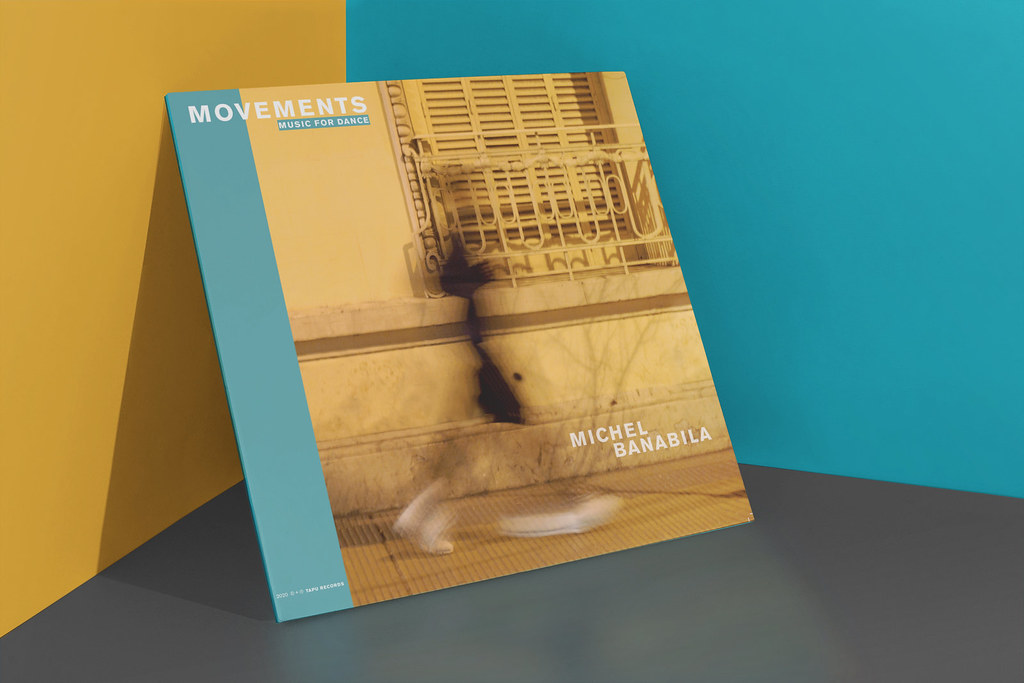
Job Opportunities and Career Paths for HBCU Music Production Graduates
Graduates of HBCU music production programs have a diverse range of career paths to choose from. Some of the most popular job opportunities in the music production industry are:
Music Producer
Music producers are responsible for supervising the entire music production process, from songwriting to recording and mixing. They work closely with artists and musicians to help them achieve their creative vision and may also participate in the business aspect of the industry, such as negotiating contracts and managing budgets.
Audio Engineer
Audio engineers are accountable for installing and operating the recording equipment in the studio or on location. They work closely with producers and musicians to ensure that recordings are of high quality and free from technical issues.
Mixing Engineer
Mixing engineers are responsible for balancing and shaping the individual tracks in a song to create a unified and balanced mix. They use a variety of techniques, such as EQ, compression, and reverb, to create an engaging and polished final product.
Mastering Engineer
Mastering engineers are responsible for applying the final touches to a recording, such as adjusting the overall volume and stereo image. They also ensure that the recording is free from technical issues and sounds consistent across different playback systems.
Music Business Executive
Music business executives work on the business side of the music industry, handling tasks such as negotiating contracts, managing budgets, and marketing artists and recordings. They may work for record labels, music publishers, or other music organizations.
Overall, the music production industry is continuously evolving, and there are always new opportunities emerging for graduates of HBCU music production programs. By establishing strong technical skills and networking with industry professionals, you can set yourself up for a successful and rewarding career. It is essential to keep in mind that the music production industry is highly competitive, and it may take time and effort to establish yourself in the industry. However, with dedication and perseverance, you can achieve your career goals.
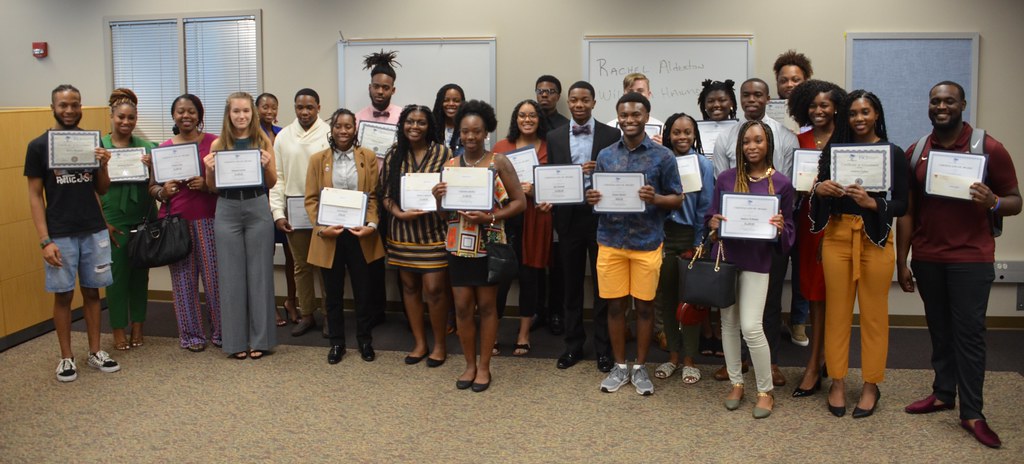
Insights from Graduates of HBCU Music Production Programs
To provide readers with a better understanding of what it’s like to attend an HBCU with a music production program, we spoke with several recent graduates. Here’s what they had to say:
According to Jasmine, a recent graduate of Virginia State University’s Department of Music, she chose to attend an HBCU with a music production program because she wanted to be part of a community that would support her. She says, “The program was challenging, but I learned so much and gained hands-on experience that has been invaluable in my career.”
Alex, a graduate of North Carolina Central University’s Department of Music, agrees that the sense of community at NCCU was amazing. He says, “I met so many talented and passionate musicians and producers, and the faculty were incredibly supportive and helpful throughout my time there.”
Networking and building relationships with industry professionals is crucial for success in the music production industry. Marcus, a graduate of Howard University’s Department of Music, says, “My school had an excellent network of alumni and industry connections, and I was able to secure an internship at a recording studio through those connections.”
In summary, the graduates we spoke with expressed gratitude for their experiences at HBCUs with music production programs, emphasizing the importance of hard work, dedication, and building relationships in the industry.
Conclusion
In conclusion, attending an HBCU with a music production program can provide a unique and empowering experience for students interested in pursuing a career in the music industry. The programs offer a comprehensive curriculum that covers various aspects of music production, including music technology, recording arts, and audio engineering.
Not only do these programs provide an excellent education, but they also foster a strong sense of community and support among students. Attending an HBCU with a music production program means being a part of a legacy of excellence and innovation in the music industry.
To get started on your journey, explore the comprehensive list of HBCUs with music production programs provided in this guide. Research each program and reach out to the schools that interest you. With hard work, dedication, and the support of your HBCU community, you can achieve your goals and make a name for yourself in the music production industry.
Thank you for reading our comprehensive guide to HBCUs with music production programs. If you’re interested in learning more about music production and other related topics, be sure to check out our other content.
FAQ
Who can attend HBCUs with music production programs?
Anyone can attend, but these programs have a focus on empowering Black students.
What kind of skills will I learn in an HBCU music production program?
You’ll learn music theory, audio engineering, recording techniques, and music business.
How can attending an HBCU with a music production program benefit me?
You’ll have access to a supportive community, experienced professionals, and unique perspectives on Black music.
Who are some notable alumni of HBCU music production programs?
Grammy-winning artist Robert Glasper studied at Texas Southern University, an HBCU with a music production program.
What kind of job opportunities are available to graduates of HBCU music production programs?
Graduates can pursue careers as music producers, audio engineers, mixing and mastering engineers, and music business executives.
How can I apply to an HBCU music production program?
You’ll need to submit an application, transcripts, test scores, and letters of recommendation. Some programs may also require auditions or interviews.

